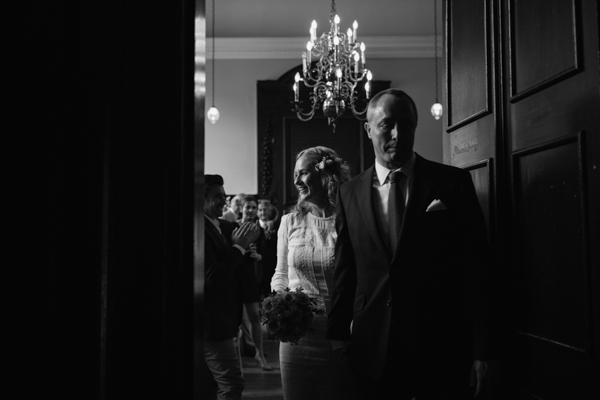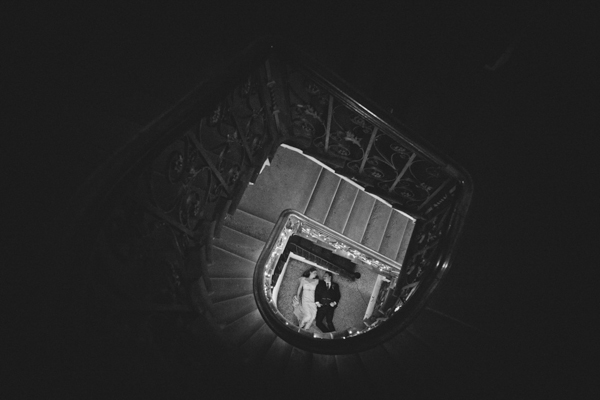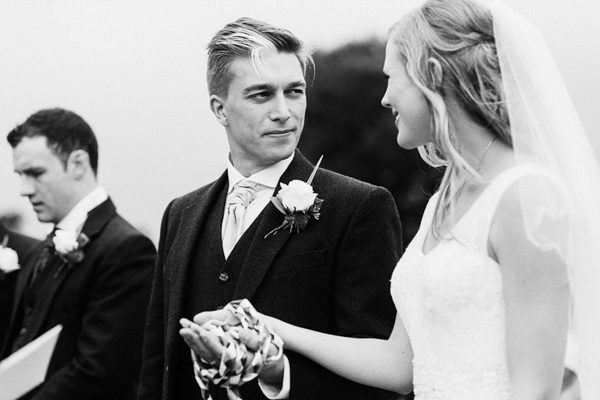Seven Things You'll Wish You Knew Before Turning Pro

Do you remember your first job? Your first, proper, grown up full-time job. You probably walked in on your first day, not really having much of a clue about what was expected from you. Your manager probably sighed to themselves at the thought of moulding your young, inexperienced self into a viable member of the workforce.
It probably took time but with some guidance, a bit of a learning curve, and probably a few mistakes along the way, you made it.
Now replicate that situation, but imagine you don't have a manager, or any colleges to bounce ideas off of and to ask for advice. Welcome to your first tentative steps into self employment as a full-time photographer.
You might have been running your business alongside a day job for a while before making the leap. You might have found a support network and accountant, and you might have a good idea of your own processes and policies.
You never know what you don't know though, so I picked the brains of a group of full-time, professional wedding photographers to find out what they wish they'd known when starting out.

1) "It doesn't matter how good you are at taking photographs if you're no good at marketing your business." - www.blincpicsphotography.com
Building a brand, working on your organic search engine reach, getting featured, focussing on word of mouth referrals, and paid advertising can all be great ways of getting your name out there. It can be a little overwhelming to know where to start though!
dPS has some great articles on marketing techniques in its archive here.
2) "Don't be scared to say no. It's okay to turn away business if it's not a good fit for you." - Smashing the Glass
We've all been there, especially early on in our careers. You accept any job that crosses your path, including those who just need a photographer within their budget, rather than specifically wanting YOU and appreciating your value.
Sometimes you take jobs because they pay you money and you need money. In an ideal world, though, it's all about creating value and making people see that value, and building your business to attract the clients you want to work with.

3) "Creating a good workflow is essential. You need to establish good habits from day one." - Tux and Tales Photo
You might not think you need a client management system to start off with, but you do need a way of tracking your client work flow.
You also need to establish procedures, processes, and a routine that helps you get things done. How will you know when to send out a final invoice? How will you gather feedback from customers to improve your service going forwards? How will you manage expectations? You could use PDFs that explain procedures to clients and set expectations, or you could publish information on your blog or website that explains the way you work and your timescales.
Just because you work for yourself doesn't mean you can let go of good structure and procedures.
Also do your accounts weekly. Trust me.
4) "The most unique selling point you have is you." - Jordanna Marston
Be true to yourself, trust your gut and don't worry too much about what you think you should be doing. Be true to yourself and you will attract clients that connect with you.
The most successful wedding photography businesses I know have their owner's personality stamped all over them. They have created a brand, they create work that they believe in and that's authentically them.

5) "When photography is your passion and your business, you can end up doing it 24/7." - My Heart Skipped
Don't forget to explore, discover, be curious and do other things that fill your heart with joy. That joy and creativity will feed back into your photography.
Of course the opportunity issue can occur too and you might find that you only end up shooting when you're working, rather than shooting for pleasure. Find a balance. Do personal work and have other interests and sources of inspiration.

6) "You can't make a silk purse out of a sow's ear." - Andy Gaines
It's tempting to focus on editing and throwing a filter on everything to find your style, but your style will come naturally when you're making good work.
What makes your image is light, composition, expression and moment. Not the latest trend in post-processing.

7) "Keep work and play time separate, not only for yourself, but for those you love." - Paula Ohara
If you learn how to fully switch off, you'll be fully switched on when you need to be.
Work/life balance is so important. A huge tipping point for me was when I designated a separate work space. I have an office in my house now, but there was a time that I worked from the corner of my living room. It's really good to have that separation, so you can switch off at the end of the day.
Keep at least one day a week free for yourself. Sunday is my day off now and I try to take it easy on a Monday, if my work load allows it. In my first year or so I routinely worked seven days per week, to keep on top of my editing and my day job commitments.
Make balance a priority. Although I haven't quite mastered it myself yet...
Are you a pro, do you have any other tips you'd add to this list?
The post 7 Things You'll Want to Know Before Turning Pro by Laura Babb appeared first on Digital Photography School.
No comments:
Post a Comment